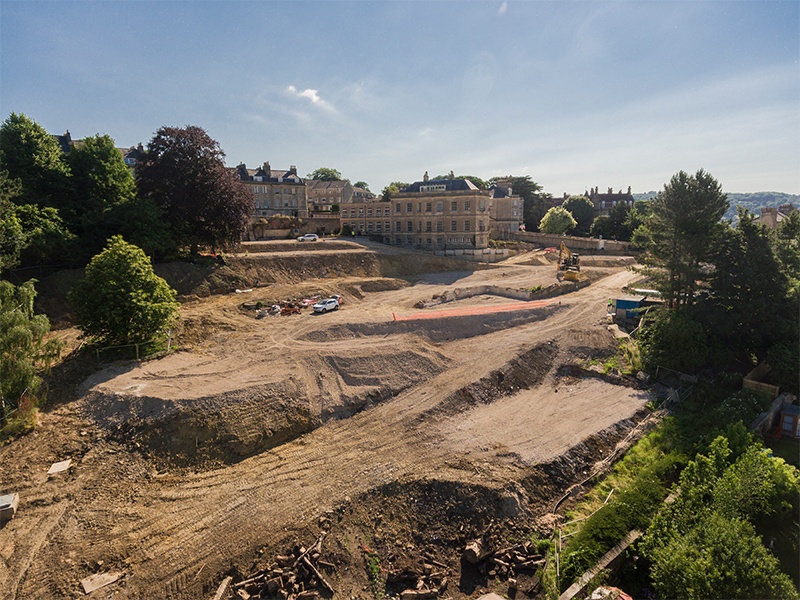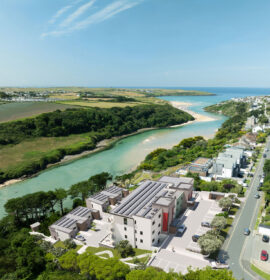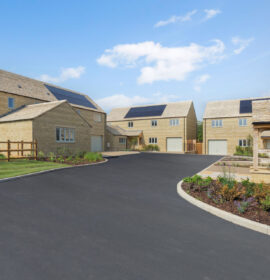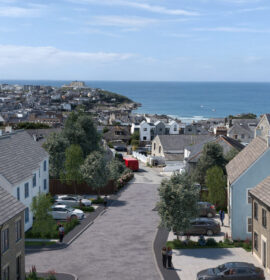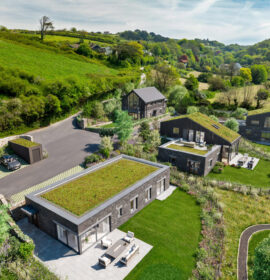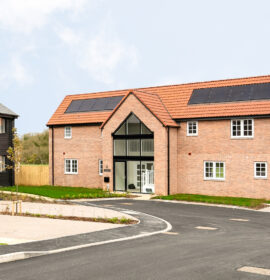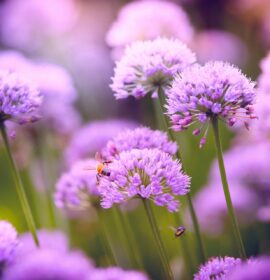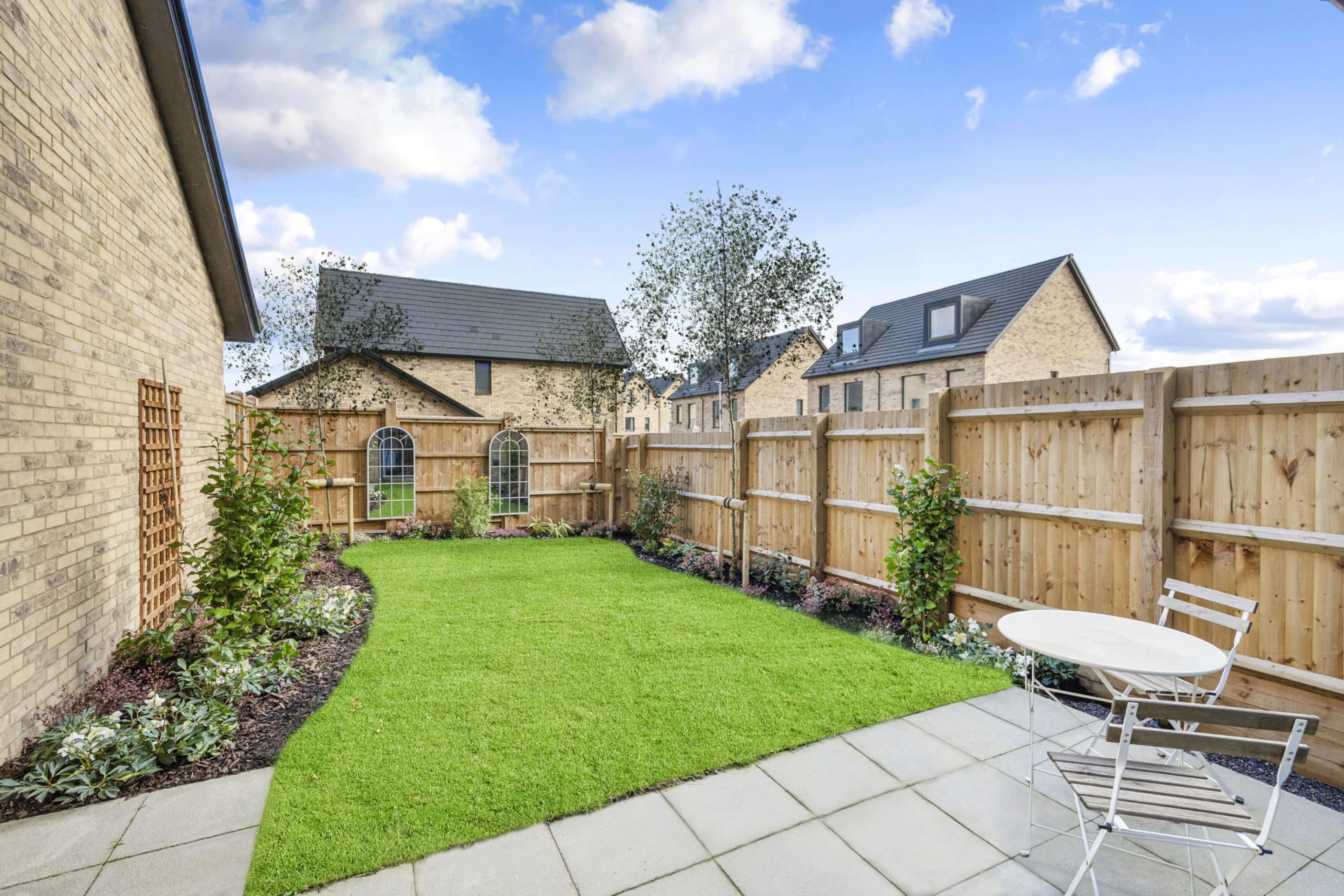
Long nights, frosty temperatures, and plenty of drizzle – it’s fair to say UK winters can be a challenge! When the clocks finally go forward, it really does feel like the end of a lengthy hibernation as the sun shines down, wildlife awakens, and spring gets ready to bloom. What’s also great about longer days is that they provide more gardening opportunities as we gear up for summer. So, if you’re looking for a good place to start, read on to discover our top tips for getting your garden spring-ready.
Have a Good Tidy Up
Winter and its unpredictable weather can play havoc with your garden, making it easier to neglect. Start by having a good clear up by removing any leaves, twigs, and weeds from the ground. Be sure not to throw these away as they can be used to feed your compost. Alternatively, check out the Recycle Now website to find out how to recycle them correctly in your local area. Think ‘new season, fresh start’ and clear away any lifeless flower beds and borders back to bare soil as you prepare your garden to make room for some wonderful new blooms.
Care for your Lawn
Once your clean-up is done, it’s time to move onto the lawn which might be looking a little shabby after the colder months. Wait for a dry and frost-free day before mowing the lawn, especially if using an electric lawnmower for safety reasons. Cutting grass while it’s wet is also more difficult as the grass is more likely to clump and stick together, making the lawnmower work harder to vacuum the grass into the collection box. If you don’t have a garden, why not spruce up your patio with some new plants? From traditional houseplants to climbing vines or roses, this is a great way to inject some instant colour and ambience to the space, setting the mood for vibrant summer gatherings or peaceful evenings outside with a good book.
Get Planting
As we approach April, it’s worth noting that the bulbs and seeds you plant won’t flower until summer. Start by making sure your soil is well prepared with sufficient drainage to prevent the bulbs from rotting. According to The Royal Horticultural Society, early spring is the ideal time to plant Herbaceous Perennials, including Geranium, Astrantia and Oriental poppies. Or if you had previously planted indoor bulbs which flowered over the winter, these can now be planted in the garden to add an instant burst of life. Just be careful not to disturb their roots in the process.
Attract Nature
One of the most satisfying things about sitting in the garden is admiring the buzz of nature around you, and there are a number of simple ways to attract wildlife and help protect British species. Trees and shrubs are important for all forms of native wildlife, that’s why our developments feature as much landscaping as possible to enhance biodiversity where native hedgerows and trees have been retained as much as possible and 100mm gaps are left underneath fences on sites to allow local wildlife to move around freely.
From bat boxes to bee hotels, another great way of attracting local fauna to your garden is with a ready-made home! Many of these homes can be purchased from garden centres or why not have a go at making one for yourself with these great tutorials by Woodland Trust? Selected homes with Acorn feature hedgehog highways, ensuring a safe way for hedgehogs to pass through the garden and back into wildlife.
Start Collecting Rainwater
With those April showers on their way, have you thought about collecting rainwater as a sustainable way of managing your garden? Consider installing a water butt in your garden as a way of harvesting rainwater, a free and natural way to hydrate your plants, helping the environment in the process. According to Thompson Morgan, rainfall is particularly good for Ericaceous plants such as camellias, rhododendrons and blueberries, since tap water is often slightly alkaline. Rainfall can also be used to top-up ponds and other garden features, car washing and even laundry – saving money on your water bills! At The Old Printworks in Frome, sustainable drainage systems (SuDS) are used to collect rainwater from the houses and roads which is stored and slowly released back into the nearby River Frome. providing a natural approach to drainage and wildflower planting to improve the natural eco-system.

